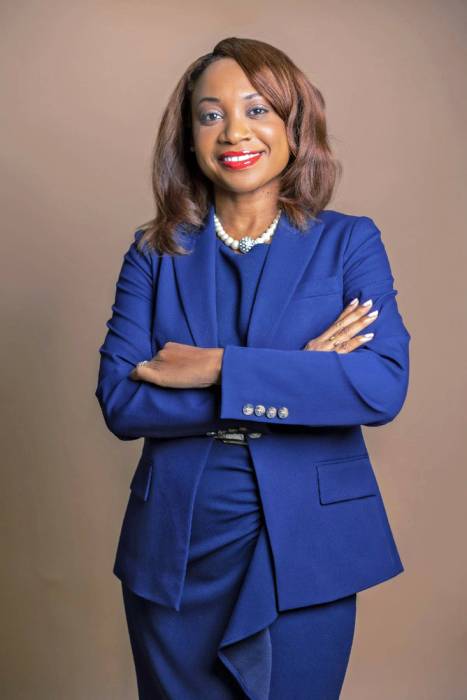Create tax plan, enjoy jolly year
Q: Every year, I seem to have less money, although I earn more than I did five years ago.
Are there tax strategies you can suggest before the end of 2006 that would be of benefit? I use a tax preparer in April to file my income taxes. Is that the best time to plan?
A:
Individuals and businesses should always consider taxes year round. I do. (Yes, I do have a life outside accounting!) It’s not how much you earn, but how much you keep.
Large corporations always consider the impact of income taxes on any project or assignment. To ignore this would be foolhardy. Everyone knows what happens to a fool and his or her money — they soon part.
Individuals and businesses should consider some of the following:
Individuals:
- Capital Gains: If you had a super year or past three years taxable capital gains trading the stock market, liquidate stocks that have large capital losses before the end of the year. Capital losses can be used to reduce capital gains and excess can be carried back three years to obtain tax refunds on prior years taxable capital gains. Defer sale of assets that yield capital gains until the following year.
- Charitable Donations: Donate stocks or mutual funds instead of cash to a registered charitable organization. Capital gains on this type of donation are exempt from tax. In past years, capital gains on these donations were taxed. Individuals must donate to a registered charitable organization before the end of the year to claim on 2006 tax returns.
- RRSPs and RESPs: Contribute to RRSPs and spousal RRSPs before the end of year. The sooner you begin, the sooner you compound tax-free earnings. Although, RESPs do not give a tax deduction, the Canada Education Savings Plan (CESG) will match 20 per cent of annual contributions and the earnings are tax-free until the child withdraws.
- Turning 69: Individuals turning age 69 must mature RRSP into Annuity or Registered Retirement Income Fund (RRIF) by Dec. 31. However, if an individual has RRSP room and the spouse is under 69, you may contribute to a spousal RRSP, particularly if the taxpayer has income.
Businesses:
- Capital assets: Maximize Capital Cost Allowance (CCA) by making capital asset purchases at the end of the fiscal year and dispose of old assets at the beginning of the current fiscal year. As CCA is an optional deduction, use sufficiently to maximize taxes.
- Gifts And Awards: Tax rules allow businesses to deduct up to two non-cash gifts and two non-cash awards per year to employees but limited to $500. Amounts greater than $500 must included in an employee’s income.
- Income splitting: Consider paying a spouse or children for services rendered. Remember, amounts must be reasonable for services provided. The basic personal exemption is approximately $9,000. Therefore, the business gets a $9,000 deduction and the individual may pay no tax (CCP not included).
- Records and receipts: Maintain good records and keep all business receipts to maximize deductions.
Individuals and business should consult their accountants prior to year-end. Remember: Advice is not limited to one page.
Henry Choo Chong, CGA provides accounting and tax services to individuals and businesses in the GTA. He can be reached at 416-590-1728, ext. 304. Any questions to Money Matters should be E-mailed to choochonghcga@yahoo.ca.












